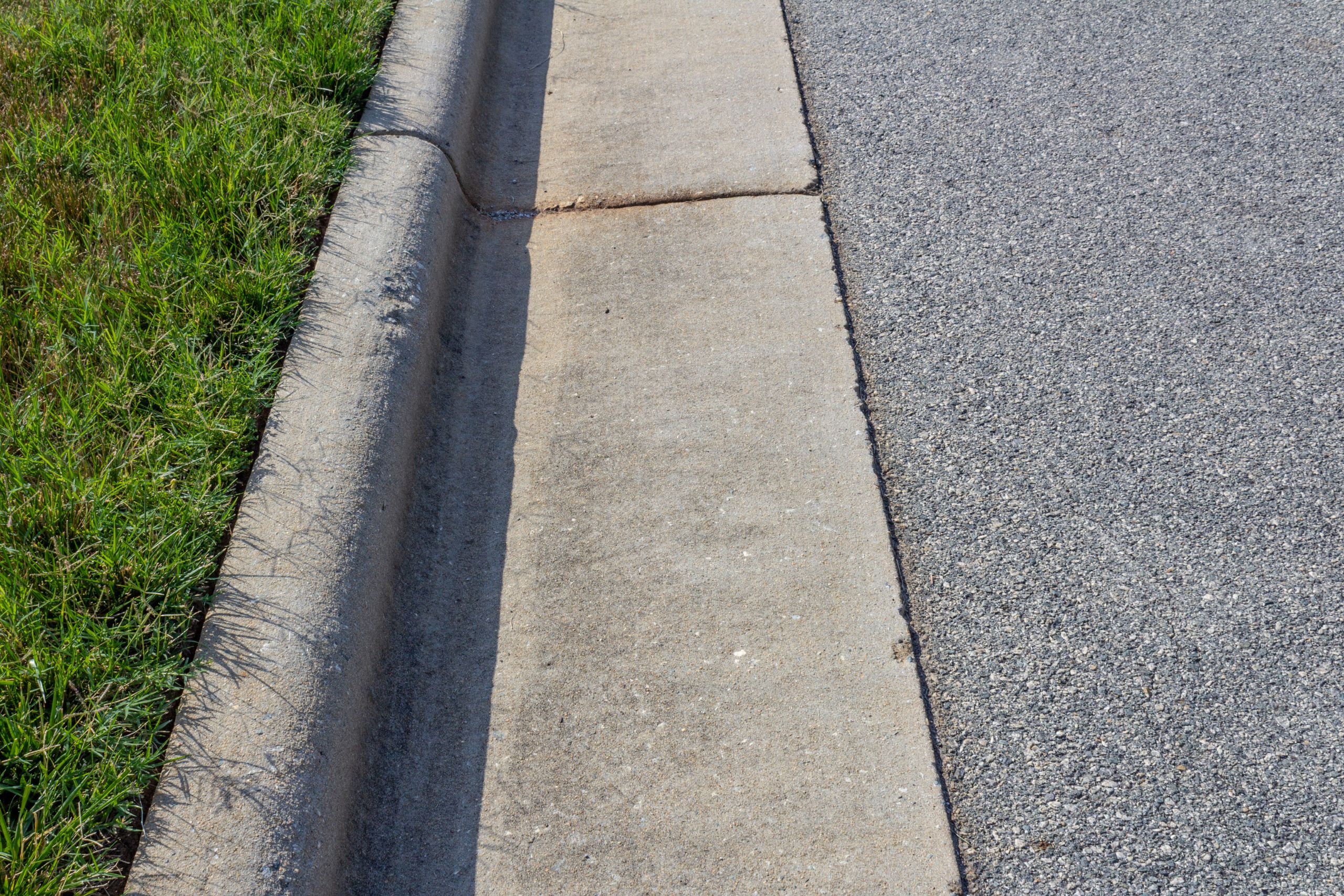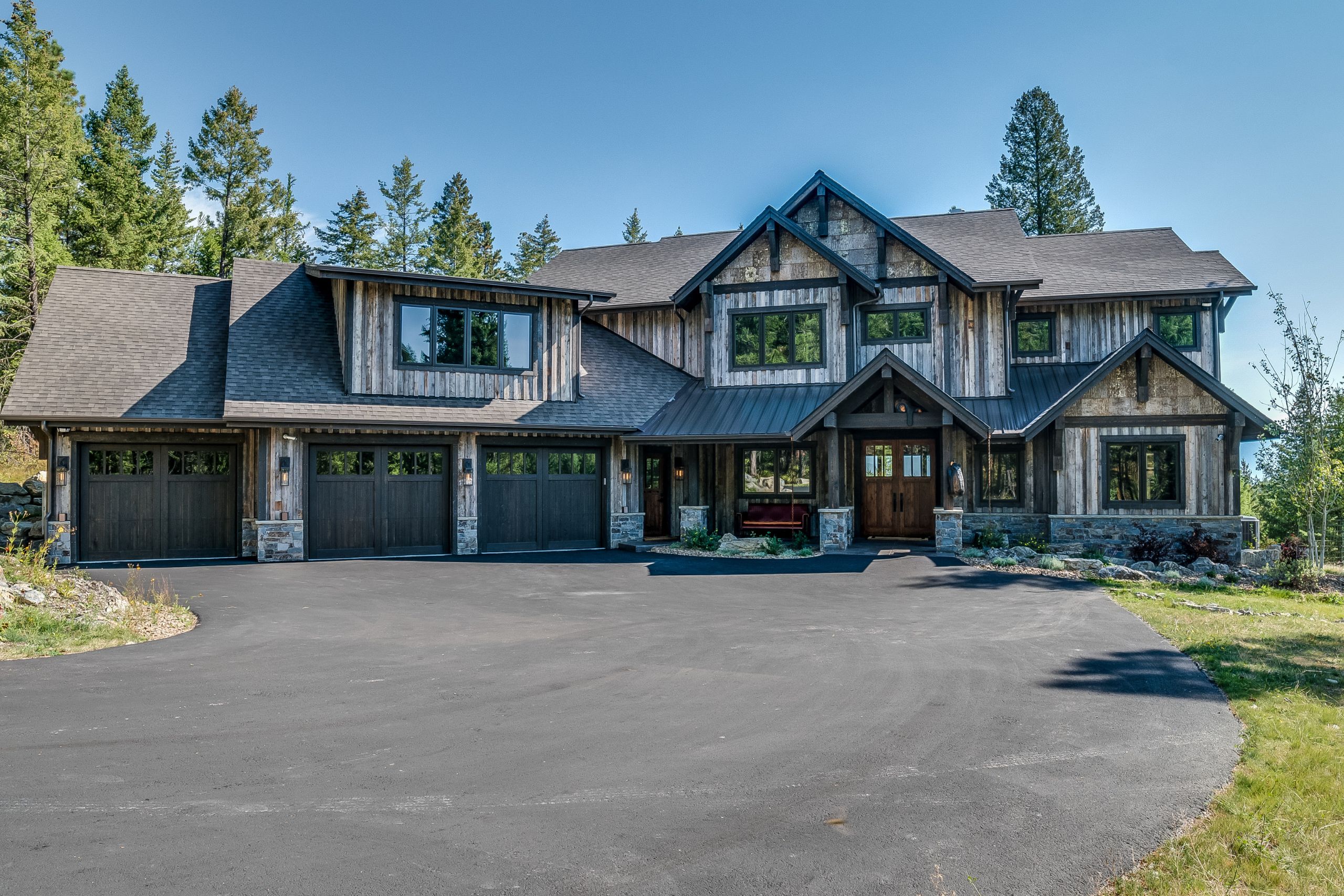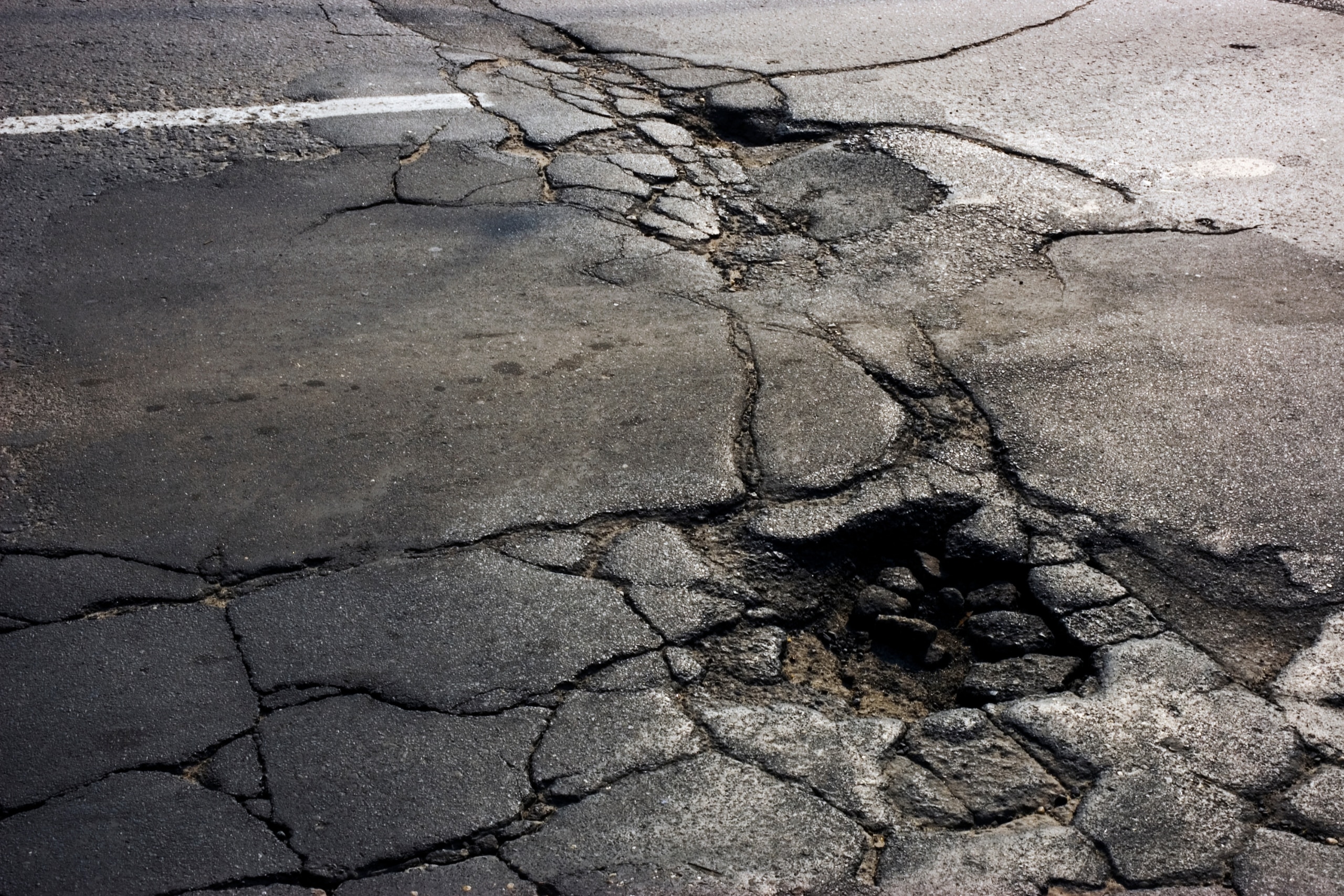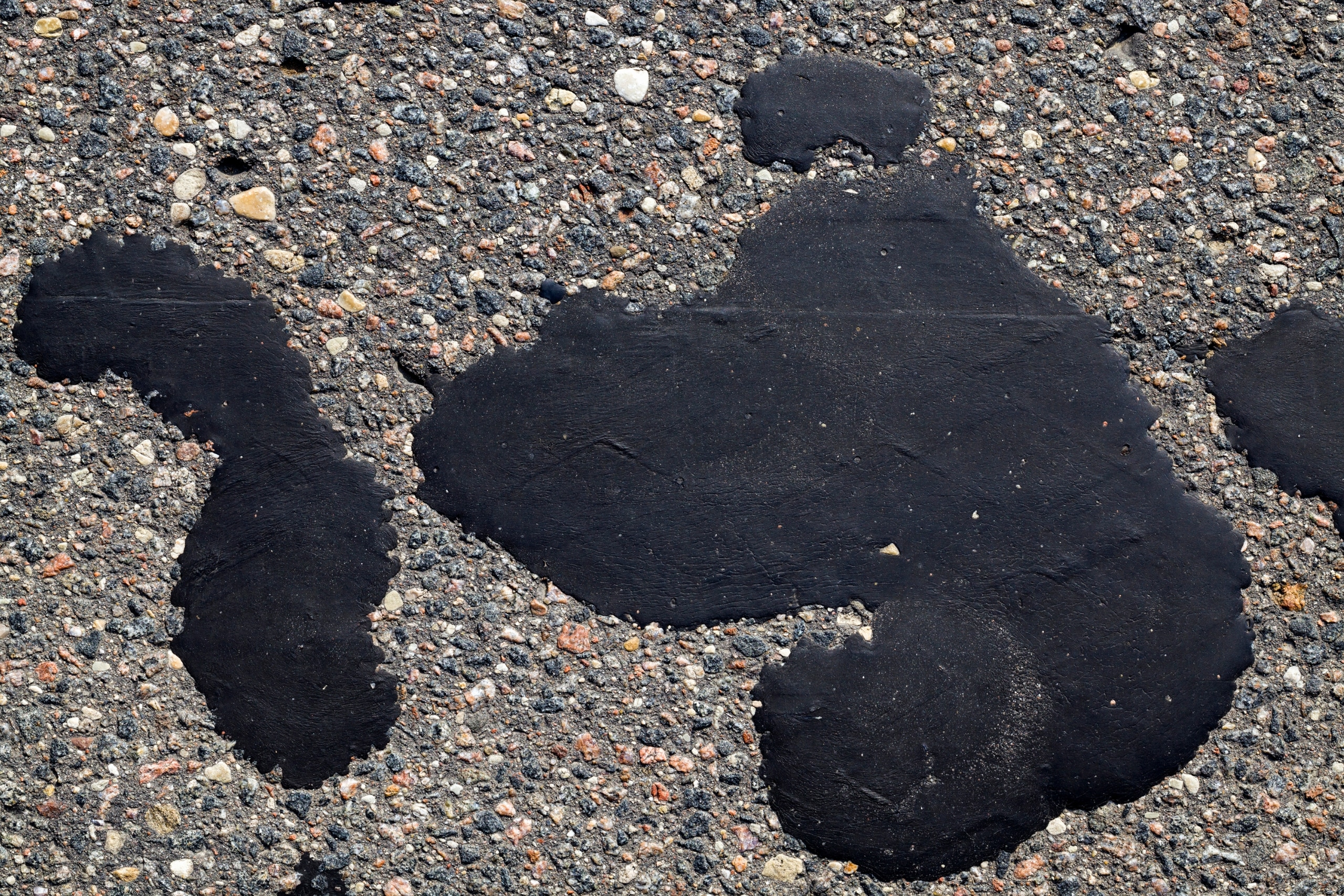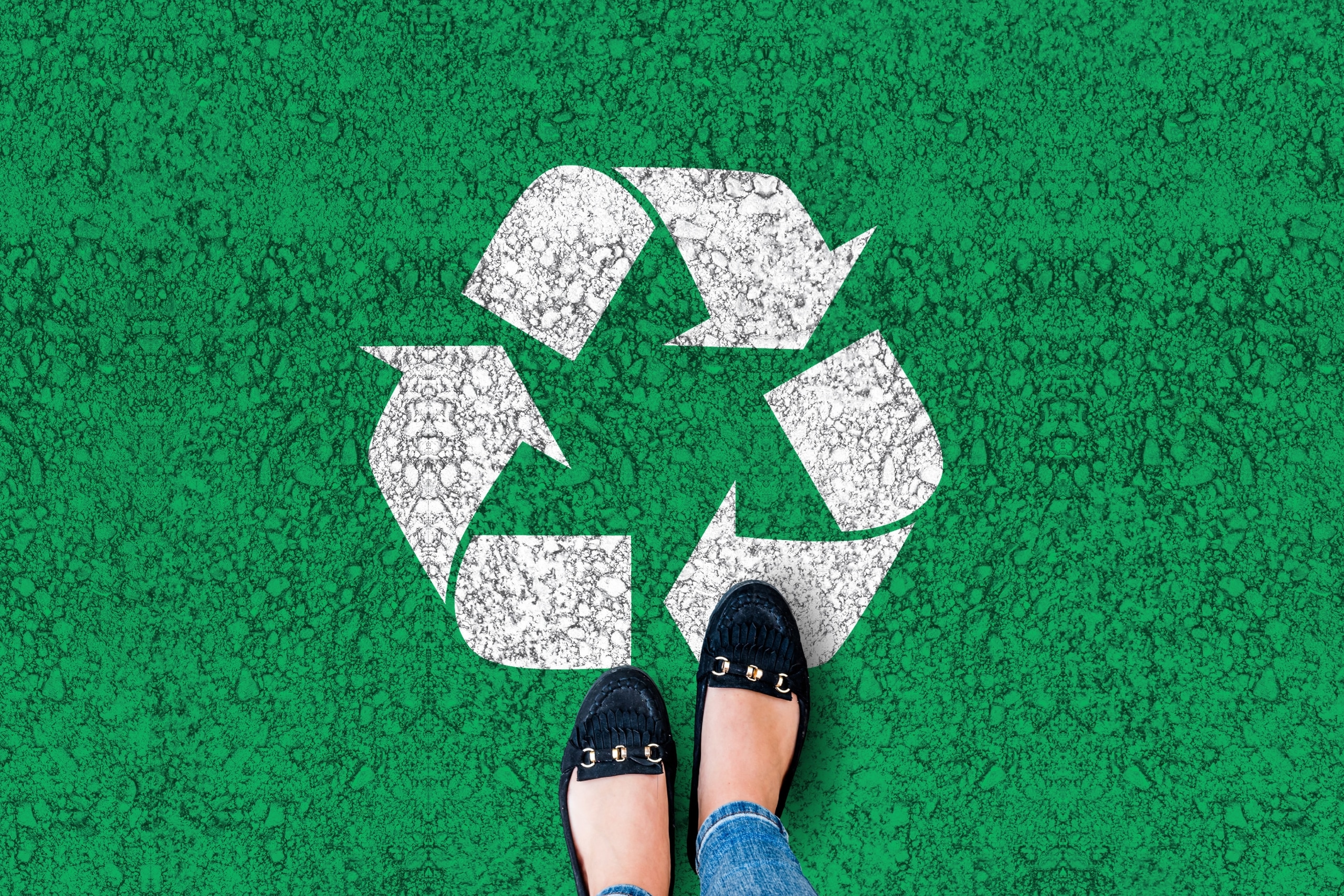Category: Asphalt
-
10 Questions to Ask Before Hiring an Asphalt Contractor
If you’re considering paving your driveway, parking lot, or other surfaces, asphalt is an excellent choice and comes with many benefits. Asphalt paving has a lot to offer both residential and commercial properties, but the key to any successful asphalt project is the asphalt contractor undertaking the work. A great asphalt contractor can create a…
-
Is Asphalt Cheaper than Concrete?
Are you planning a new driveway, walkway, or road and wondering what the best material would be to get the job done? The most common materials for these projects are certainly asphalt and concrete, but it begs the question of which is the cheaper of the two. Unfortunately, there isn’t as straightforward an answer as…
-
Importance of Regularly Sealing an Asphalt Driveway
Every year homeowners invest their precious time and money to improve their home, but did you know that your driveway has a substantial impact on its total value? For homes that are on the market, driveways are one of the primary exterior features analyzed during an inspection – this is because a well-maintained driveway can…
-
How are potholes in asphalt patched?
Potholes can be a significant safety risk. Whether in a private area such as a neighborhood or driveway or in public spaces such as parking lots and highways, they must be repaired as soon as possible. The most common method of fixing potholes is asphalt patching, due to its efficiency and cost-effectiveness. It’s not worth…
-
What is the Best Way to Patch an Asphalt Driveway?
Asphalt is one of the most frequently used materials for driveway surfaces due to its durability, cost-effectiveness, and versatility. However, whether it’s through heavy use, extreme weather, or even just a long life, asphalt driveways may incur some damage from time to time and require repair. If you’ve been doing some research, you’ll probably know…
-
What is Recycled Asphalt?
Recycled asphalt, or reclaimed asphalt, is among the most common surfacing materials for roads, parking lots, footpaths, and playgrounds. But what exactly is recycled asphalt, why is it important, and how does it work? Read on to learn all about recycled asphalt from our team of experts. What is Asphalt? Asphalt is a man-made material…

